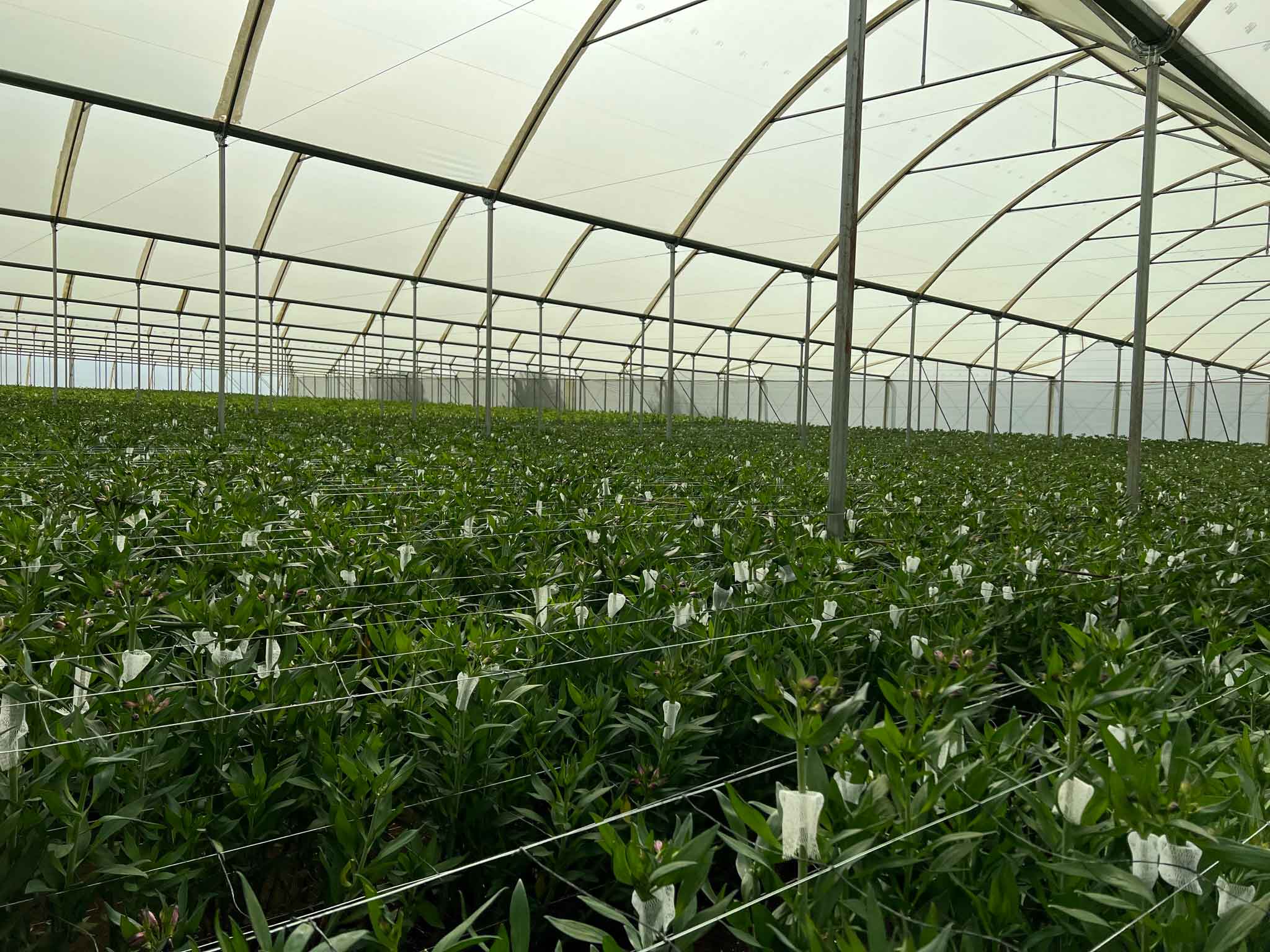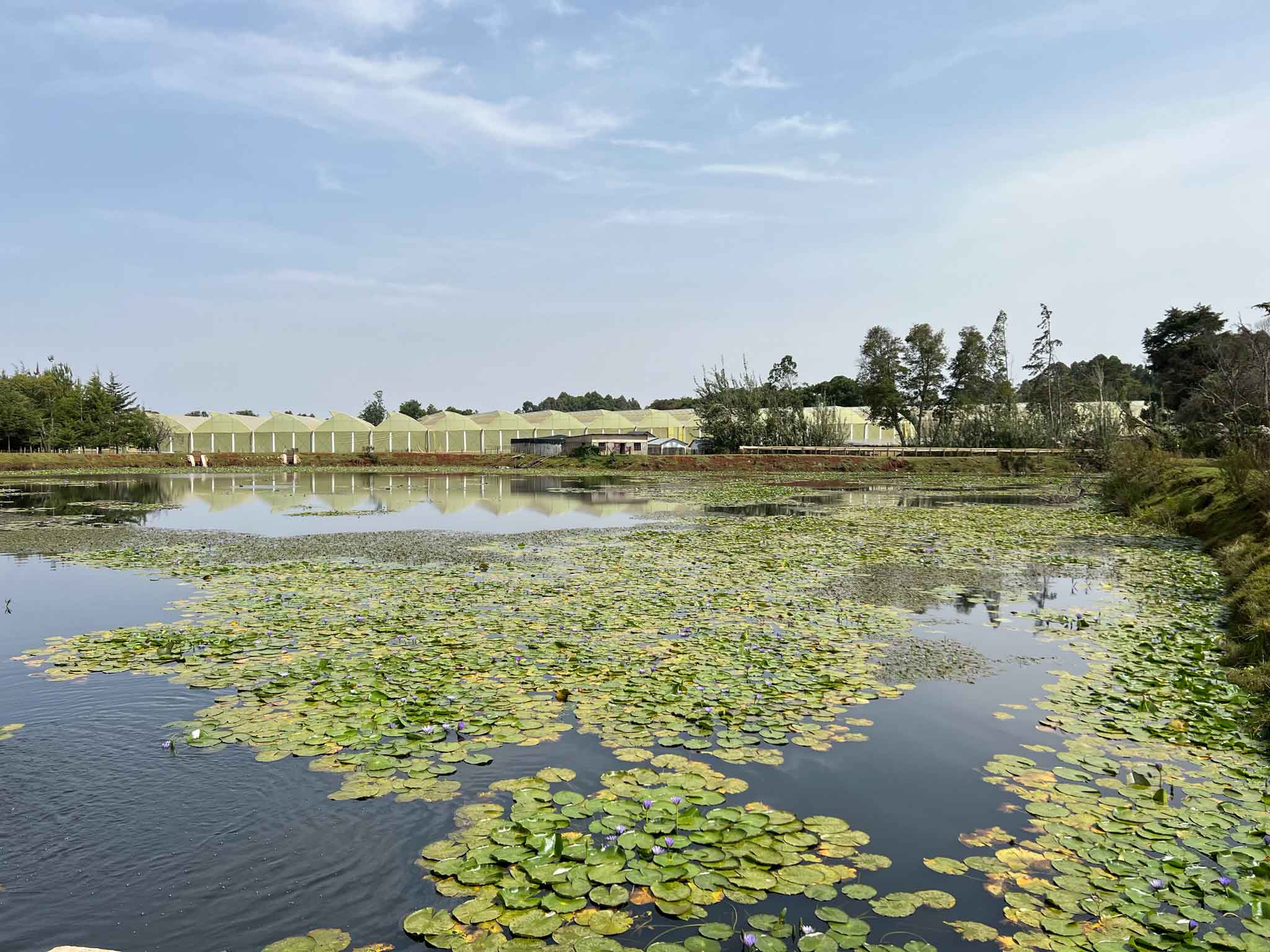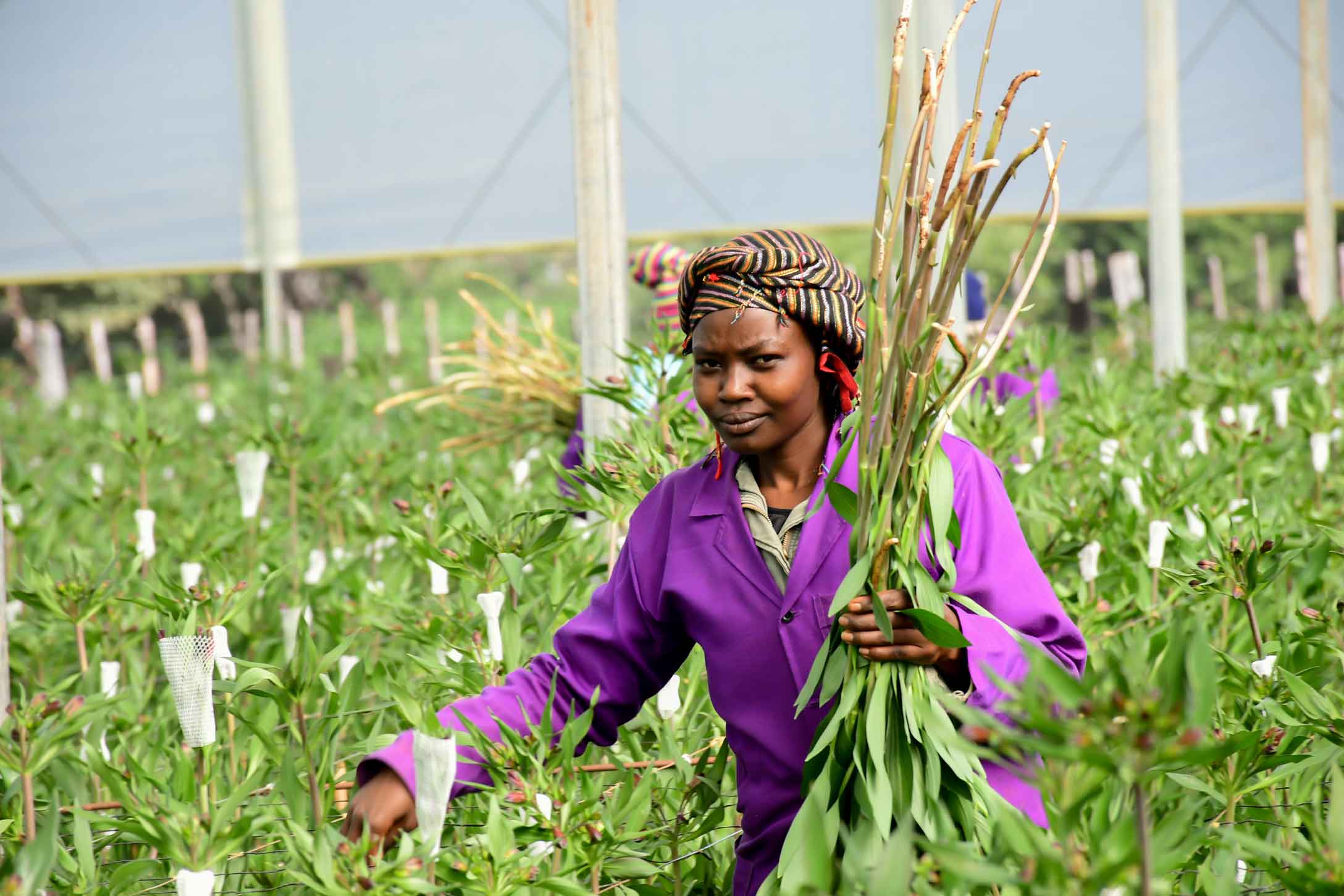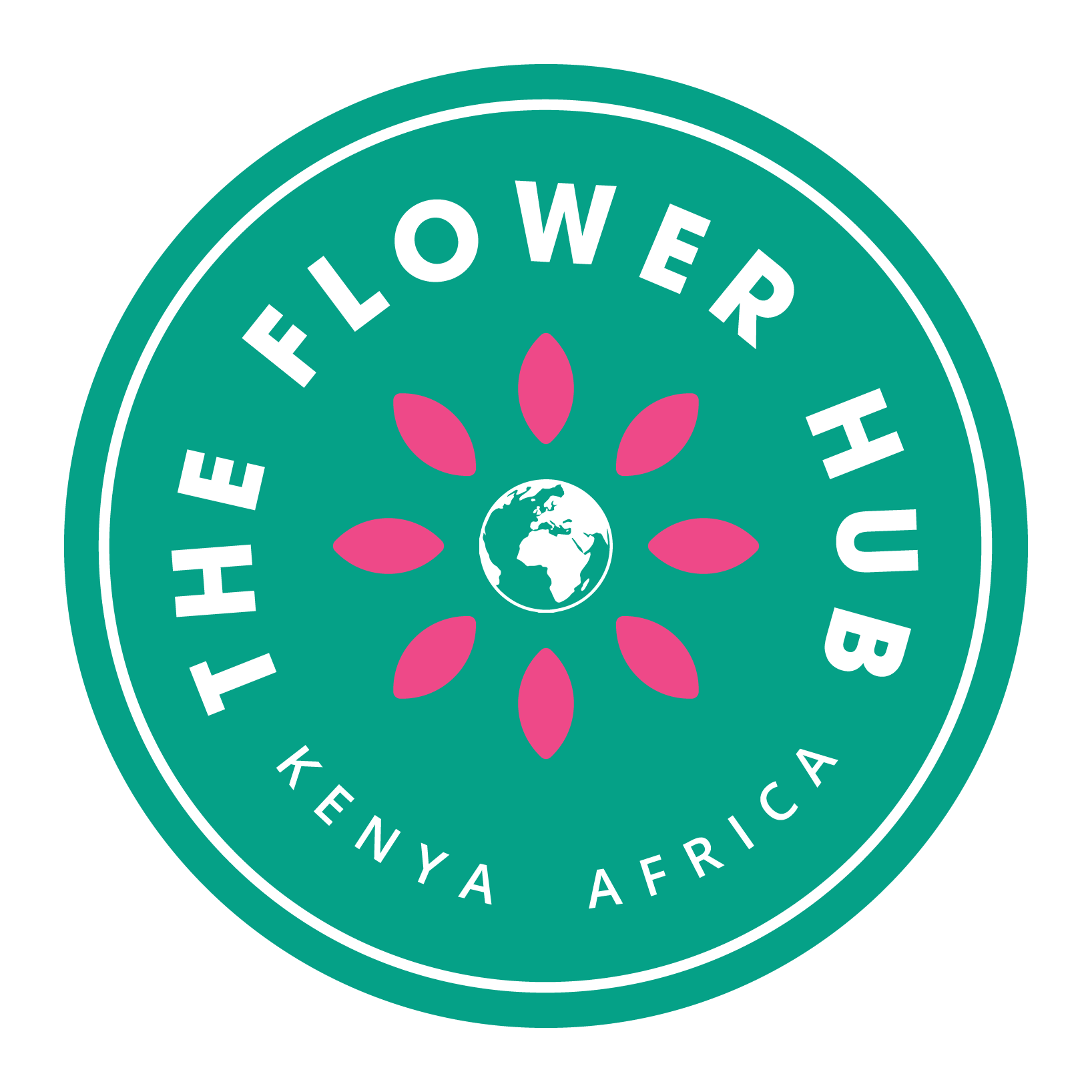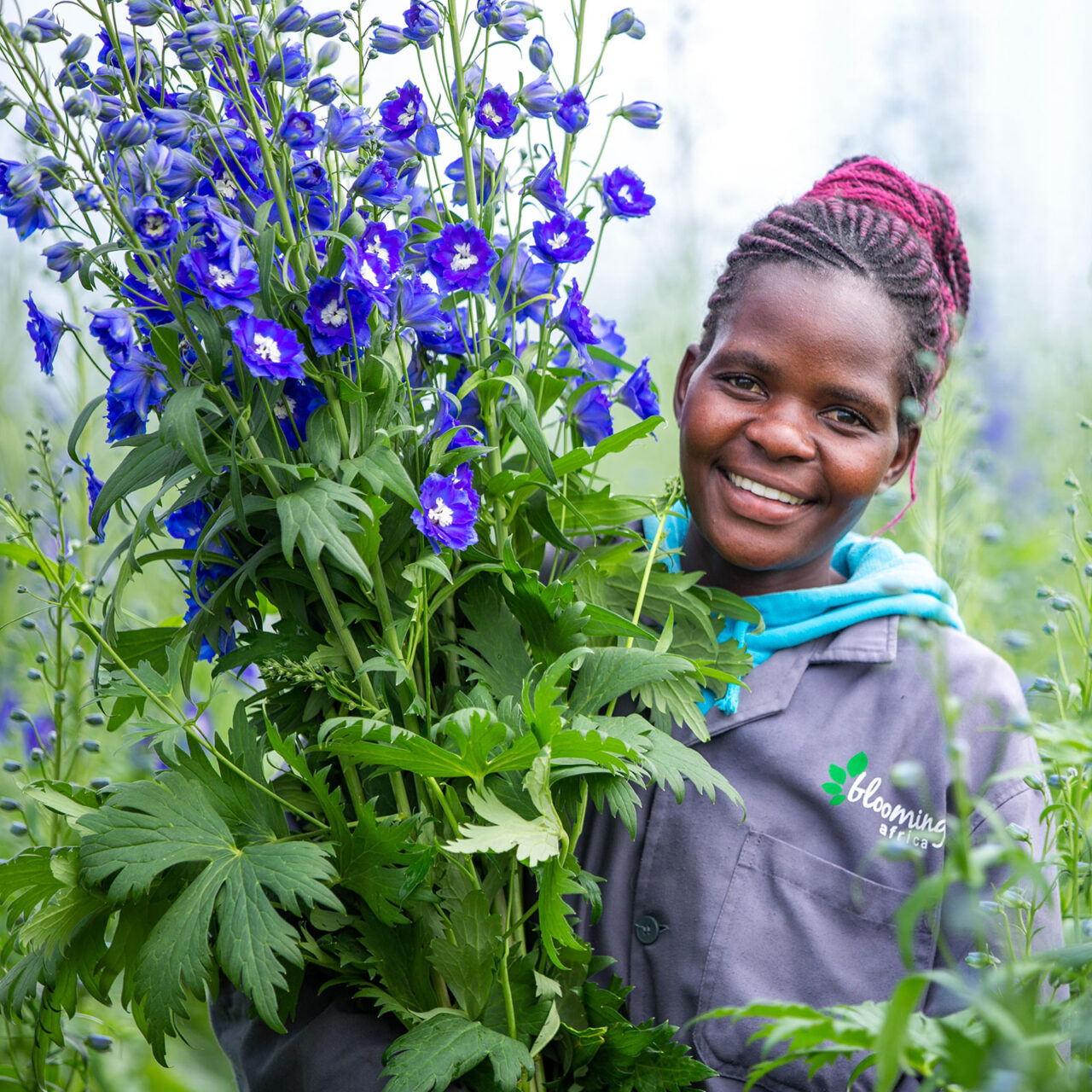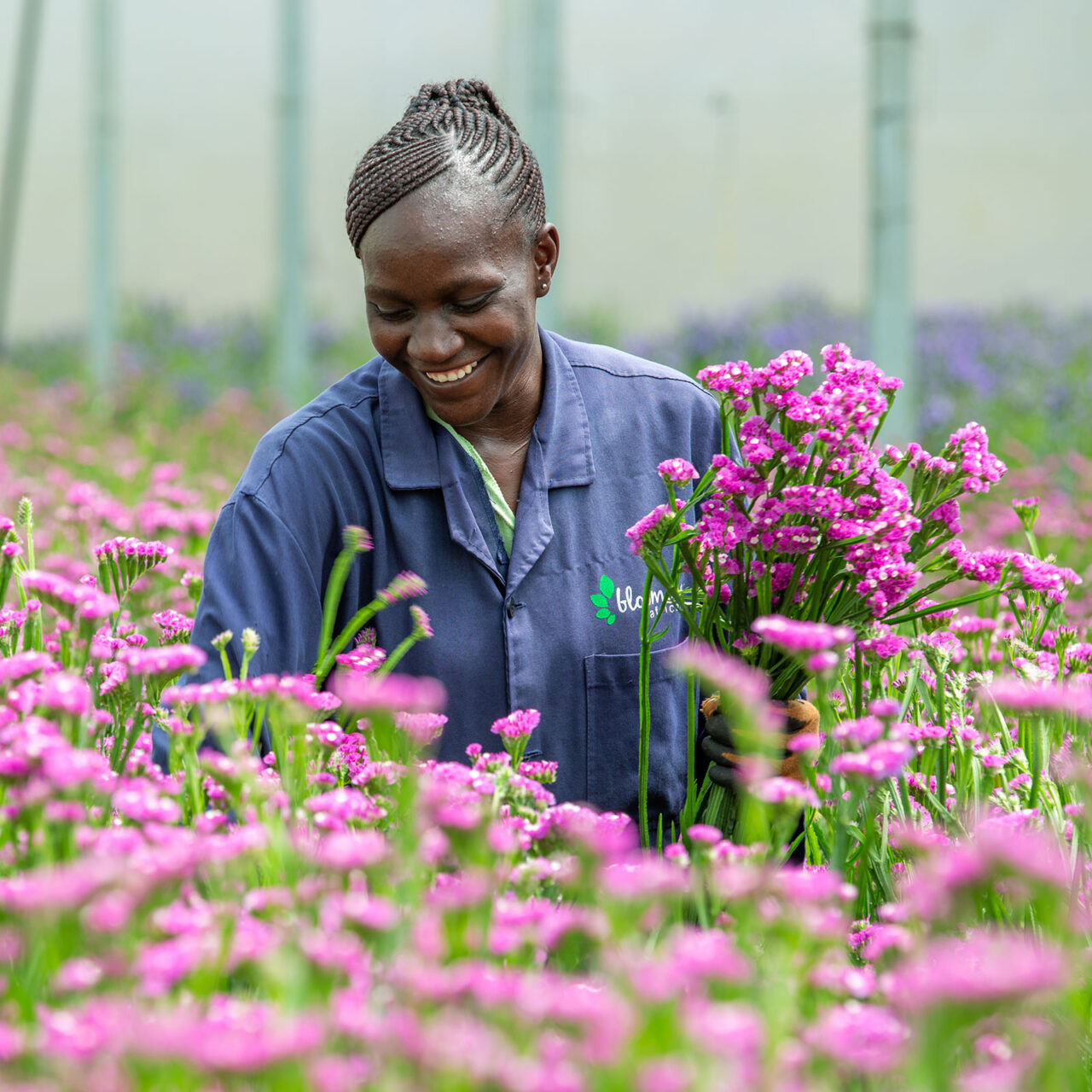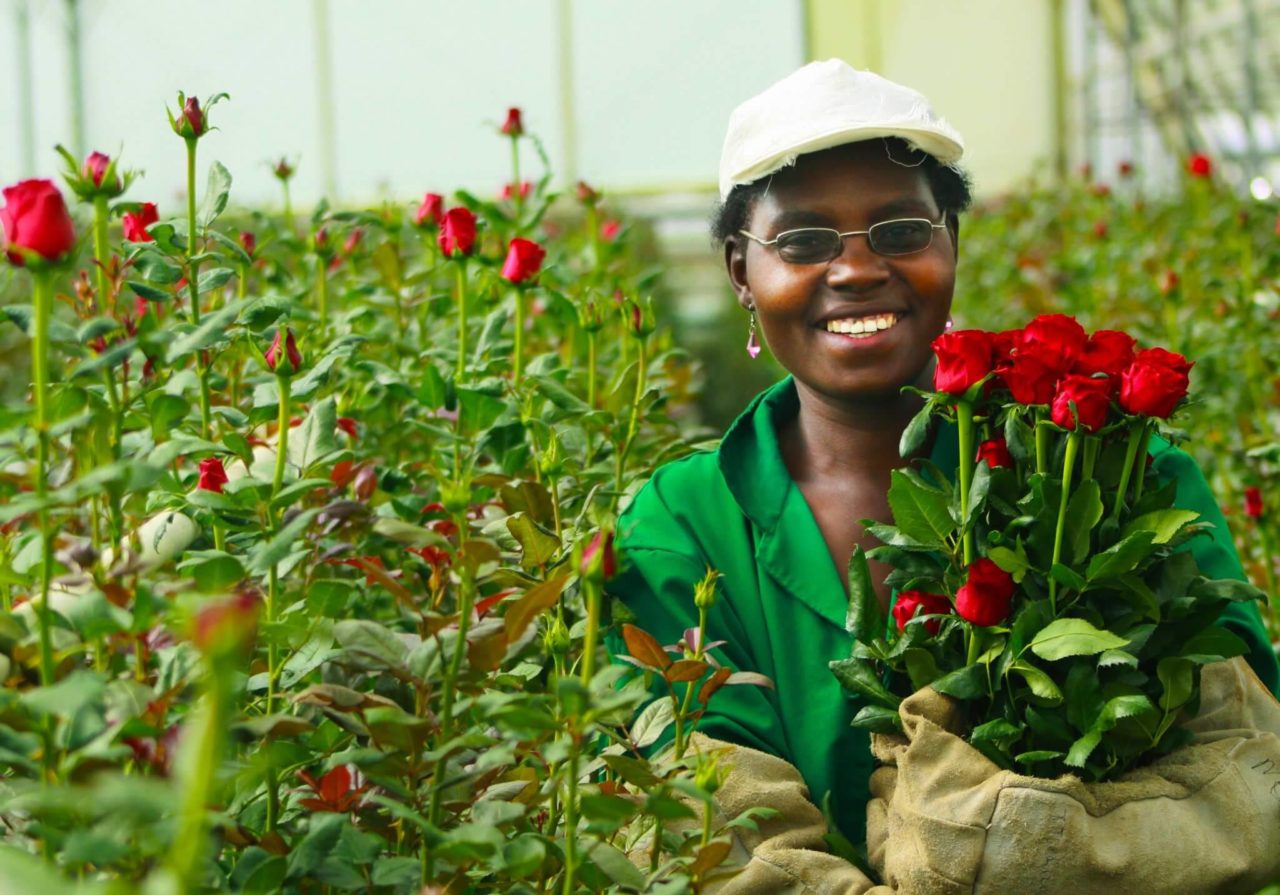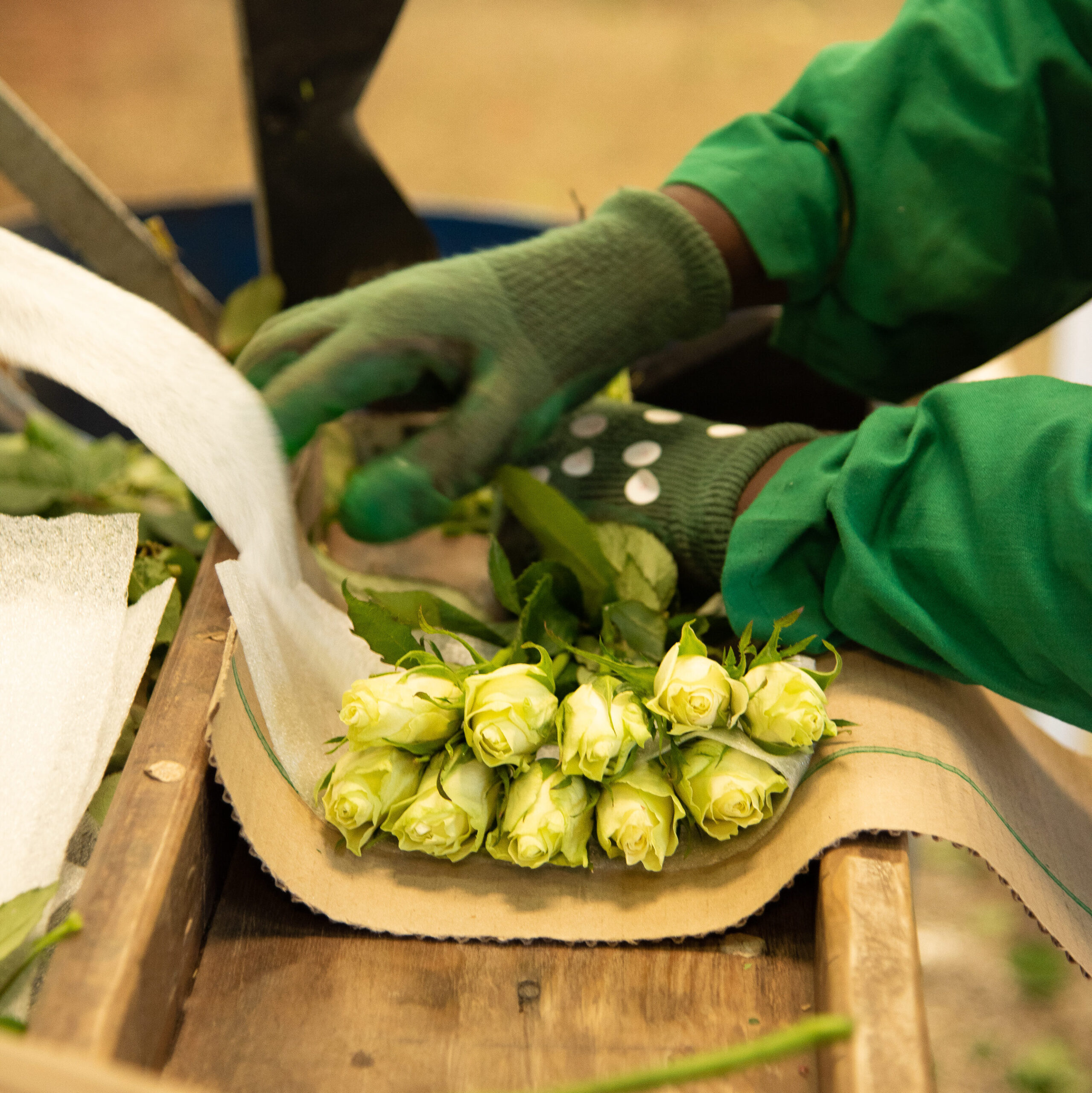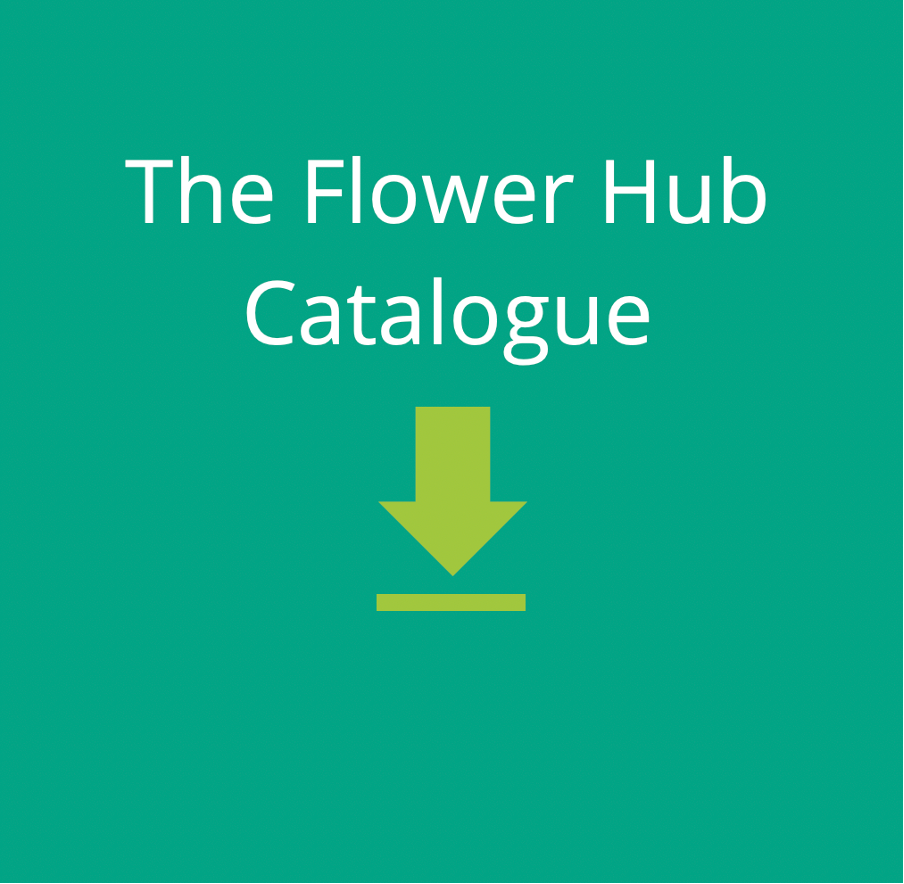Rowan Godfrey, Head of Technical at The Flower Hub, talks to farm owner Meindert Roozendaal
When was the Farm set up?
Sosiani Flower Farm was set up in 2017.
What do you grow?
We grow Alstroemeria – 30 varieties across White, Purple, Orange, Pink, Red, Yellow and Bi Colour.
We work closely with the breeders to get the latest and newest varieties. One of our goals is always to improve on varieties in terms of Vase life, Colour, Transport, Pest and Disease Resilience, Presentation and Production.
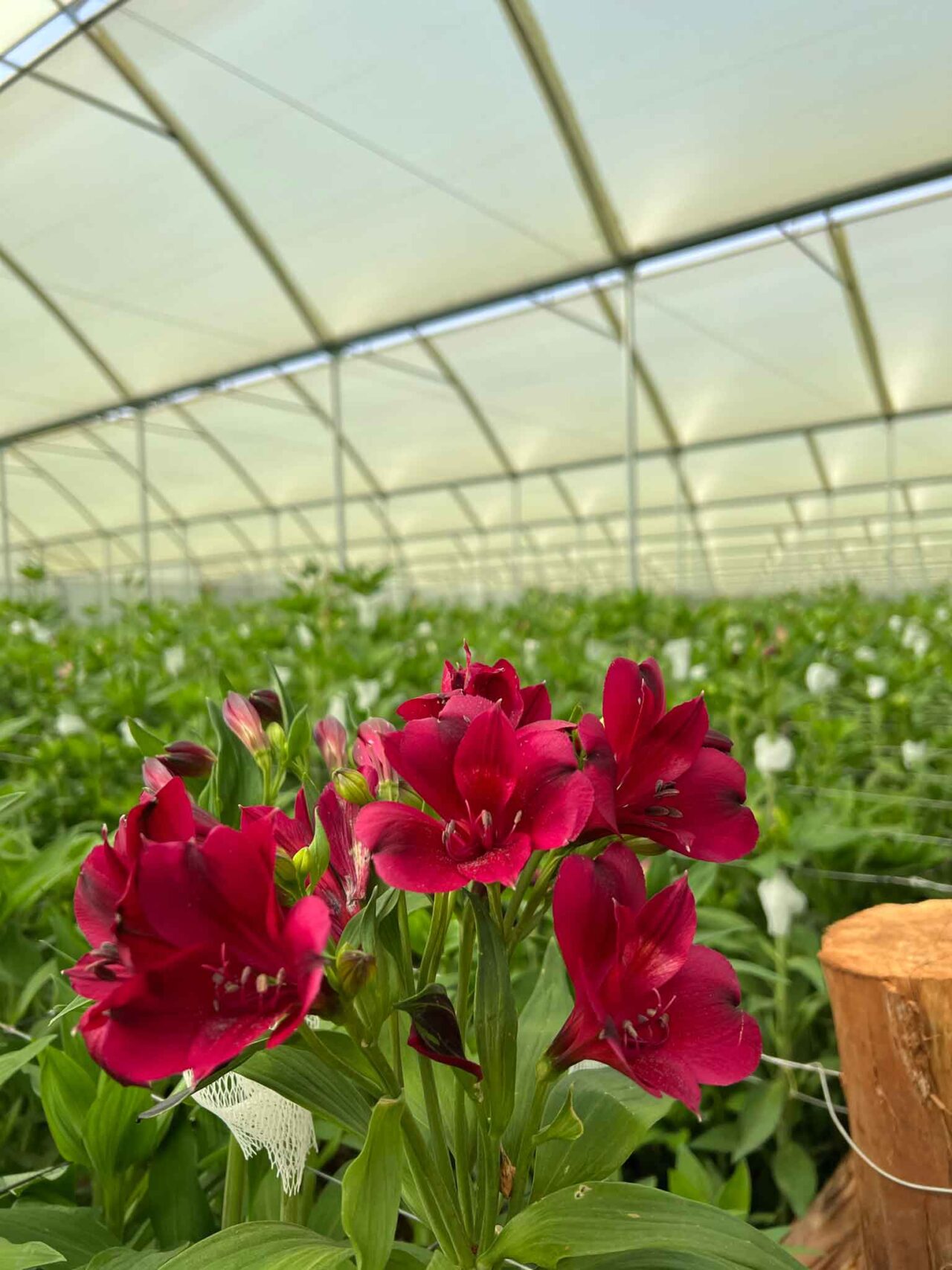
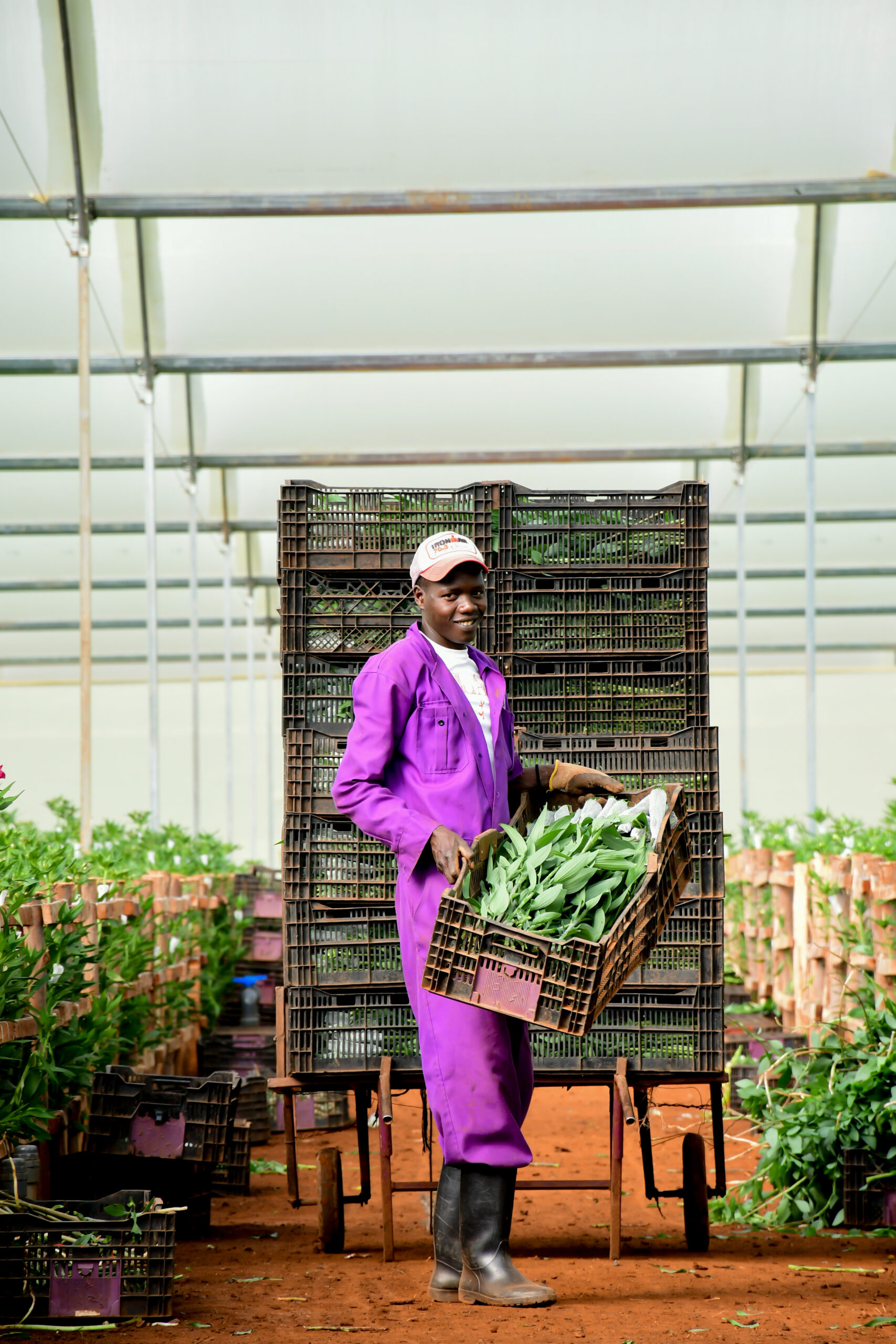
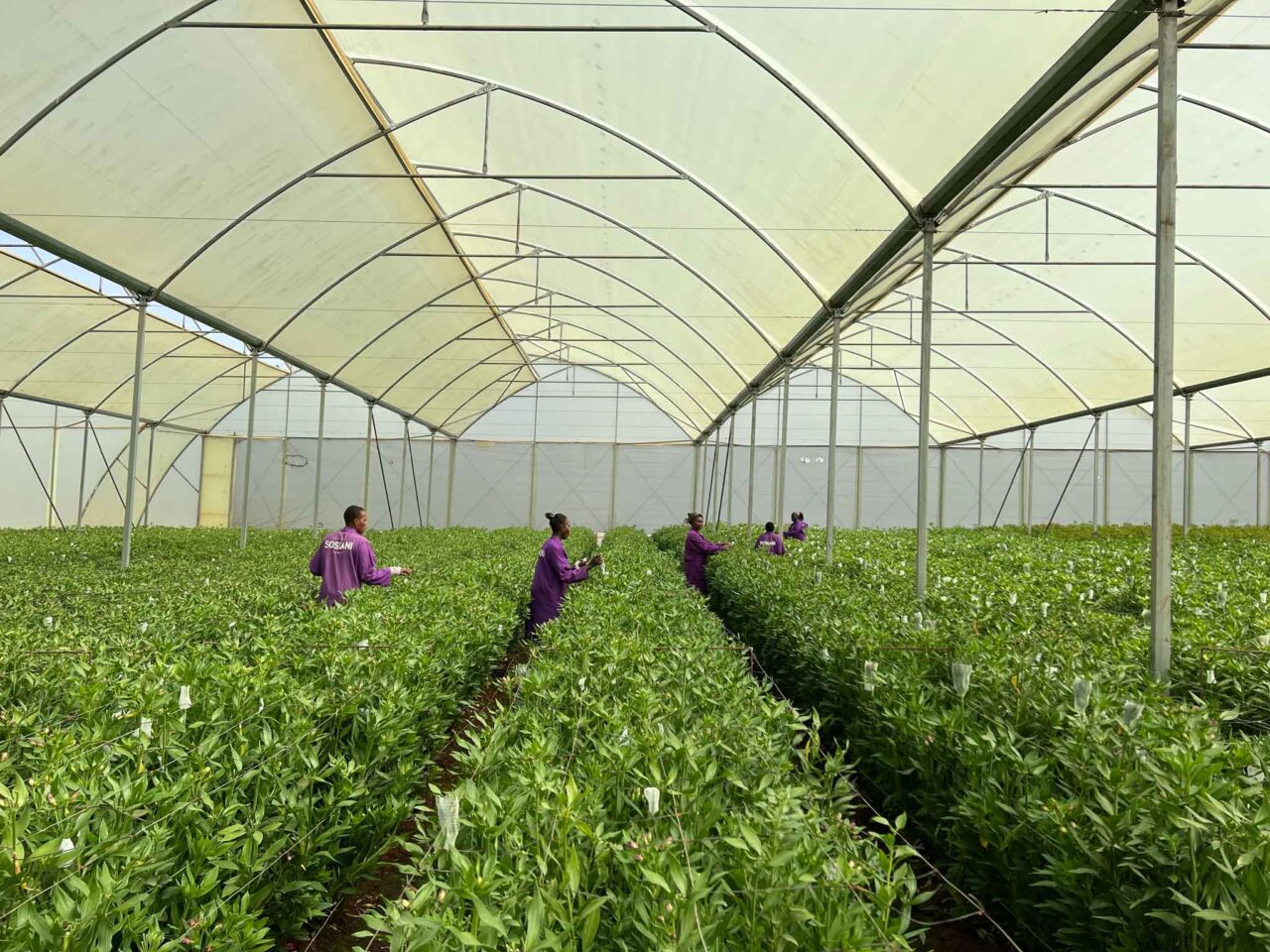
Where are you?
The farm is in Kaptagat near Eldoret, at an altitude of 2350m. Average temperatures are 20-25°C during the day, and 8-10° at night.
How many staff members are there, and what facilities do you have?
We employ 200 people and we have canteens; also football fields and our own team – Sosiani Lions.
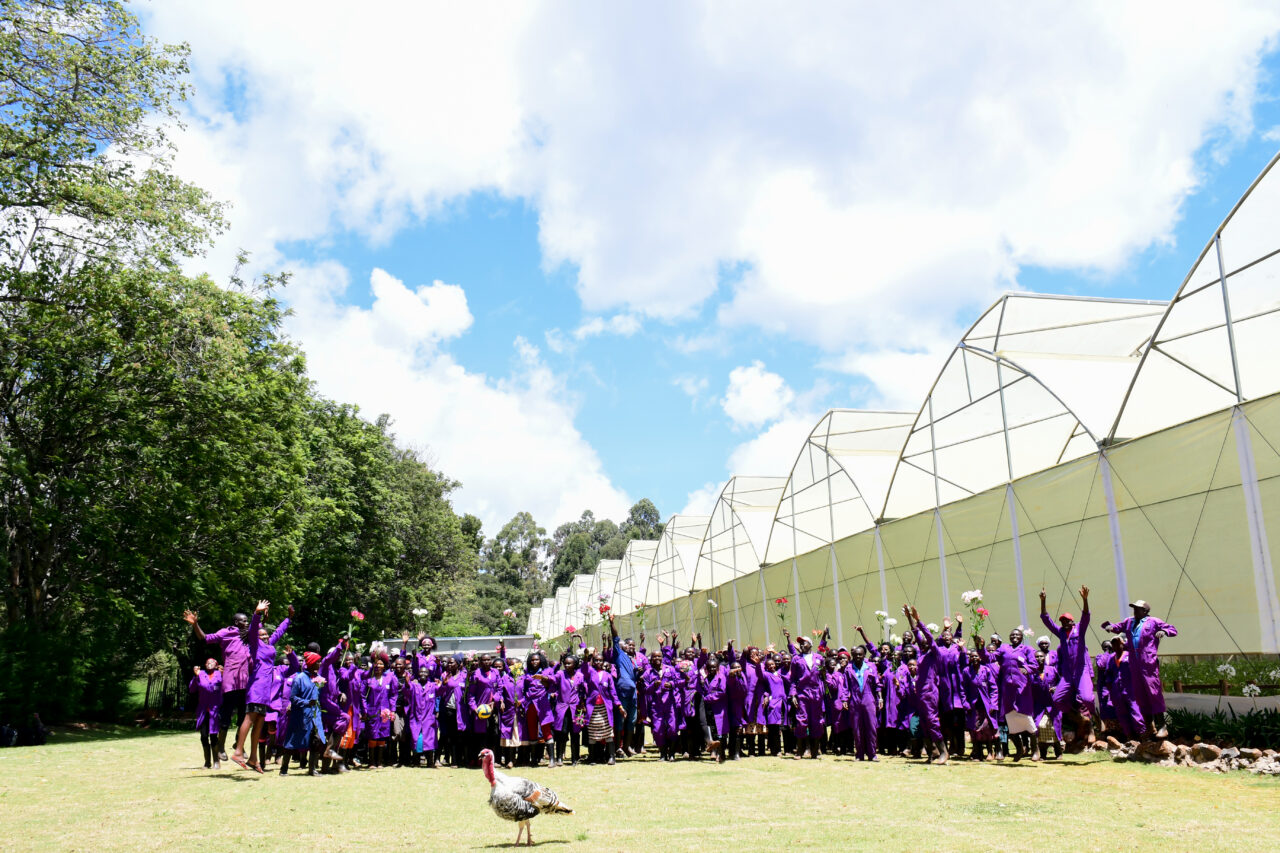
What are your accreditations?
KFC Silver (Flowers and Ornamental Sustainability Standards) and Global GAP (Good Agricultural Practices).
Market: do you sell direct or by Auction, and which are your key destinations?
Our flowers are sold to Europe and the UK, and are Auction Focused.
What are your Environmental projects/aspects?
Solar:
80KW of Solar was installed at the end of 2021. This will provide 90-95% of our energy requirements as a farm.
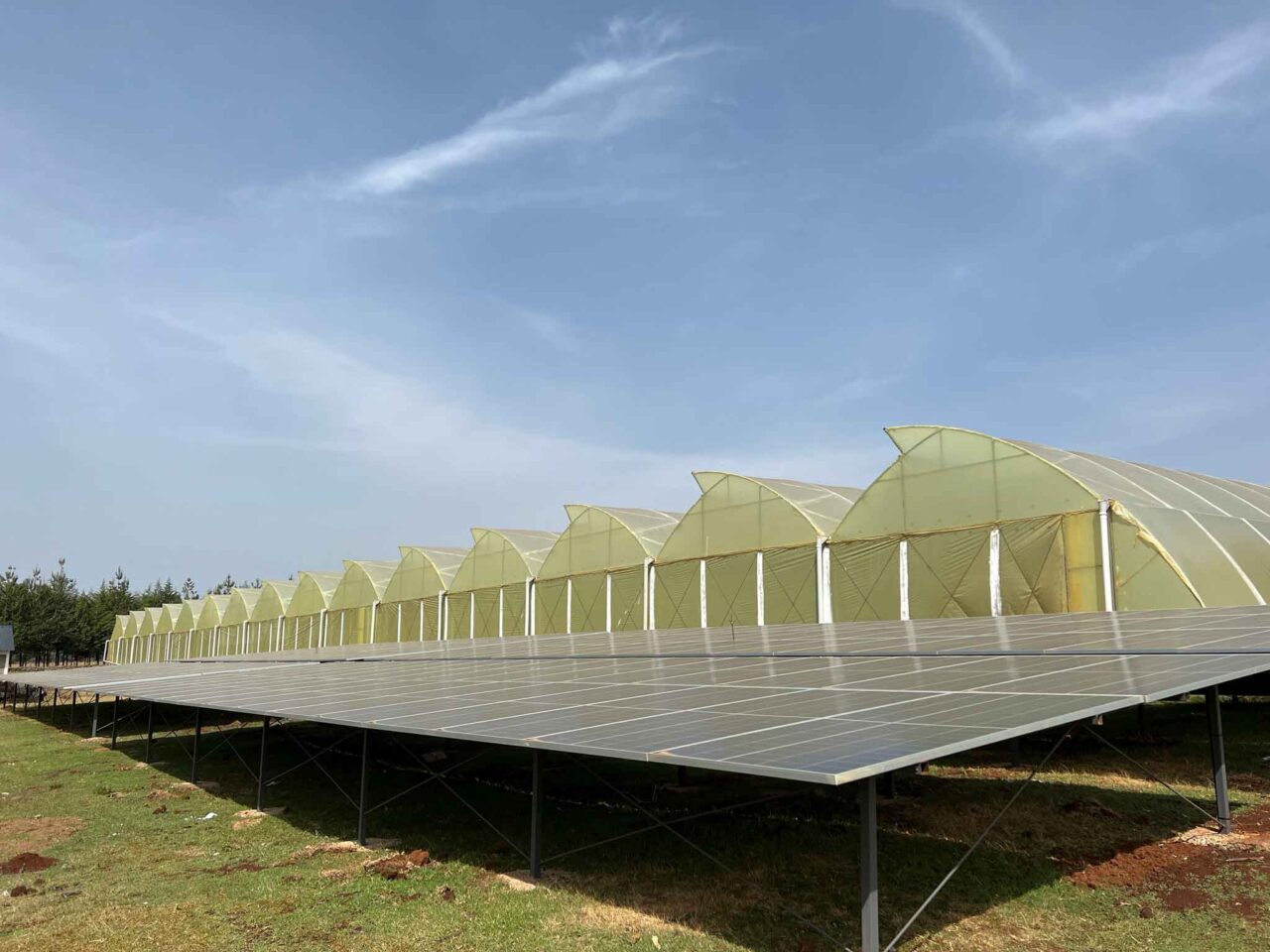
Water:
A healthy farm needs animals and nature around it. We have a natural dam which is fully stocked with water plants and lilies, providing a beneficial environment for birds and other water animals.
Vermicomposting:
Vermicomposting (worms) forms a part of our soil health program and contributes to our composting efforts.
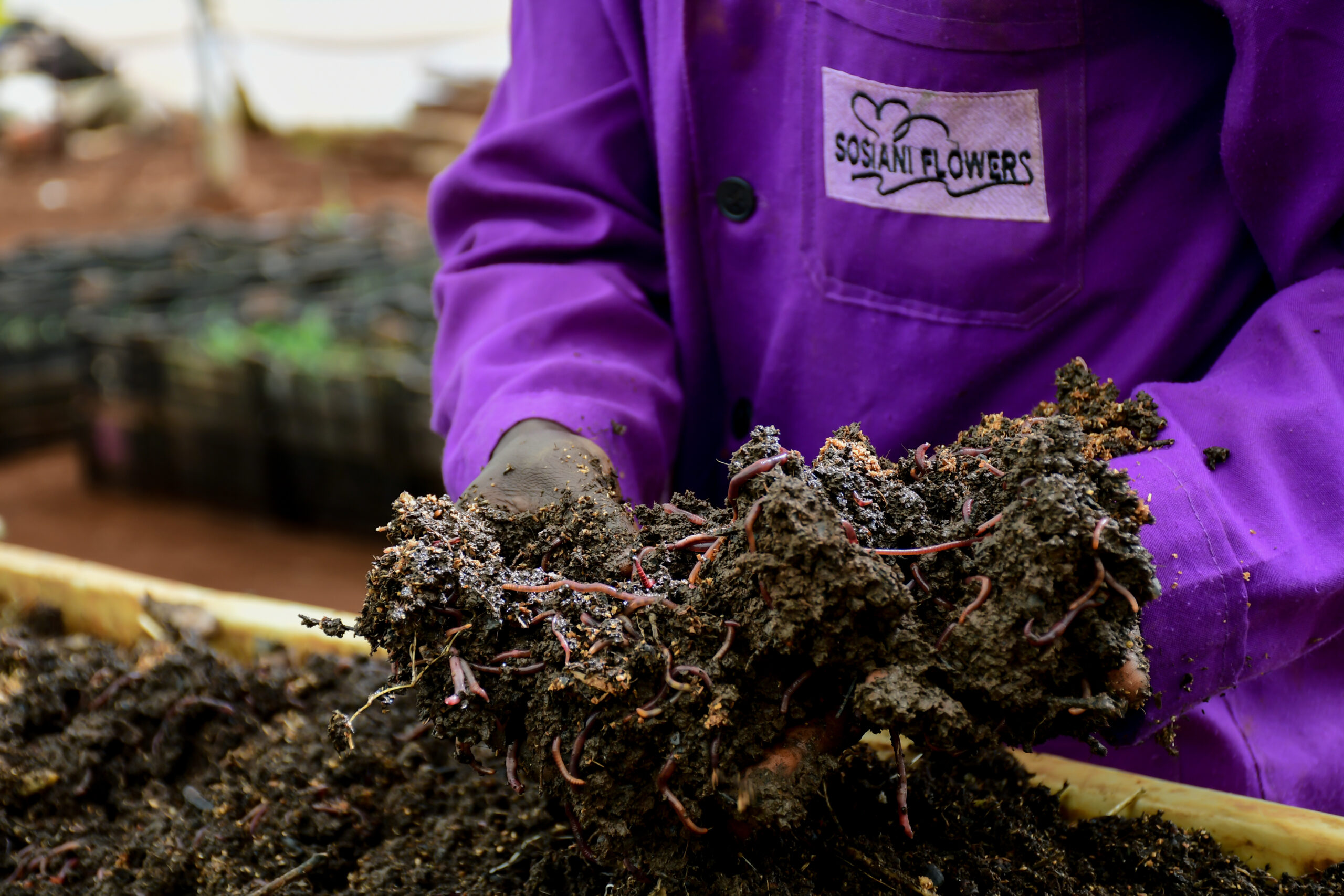
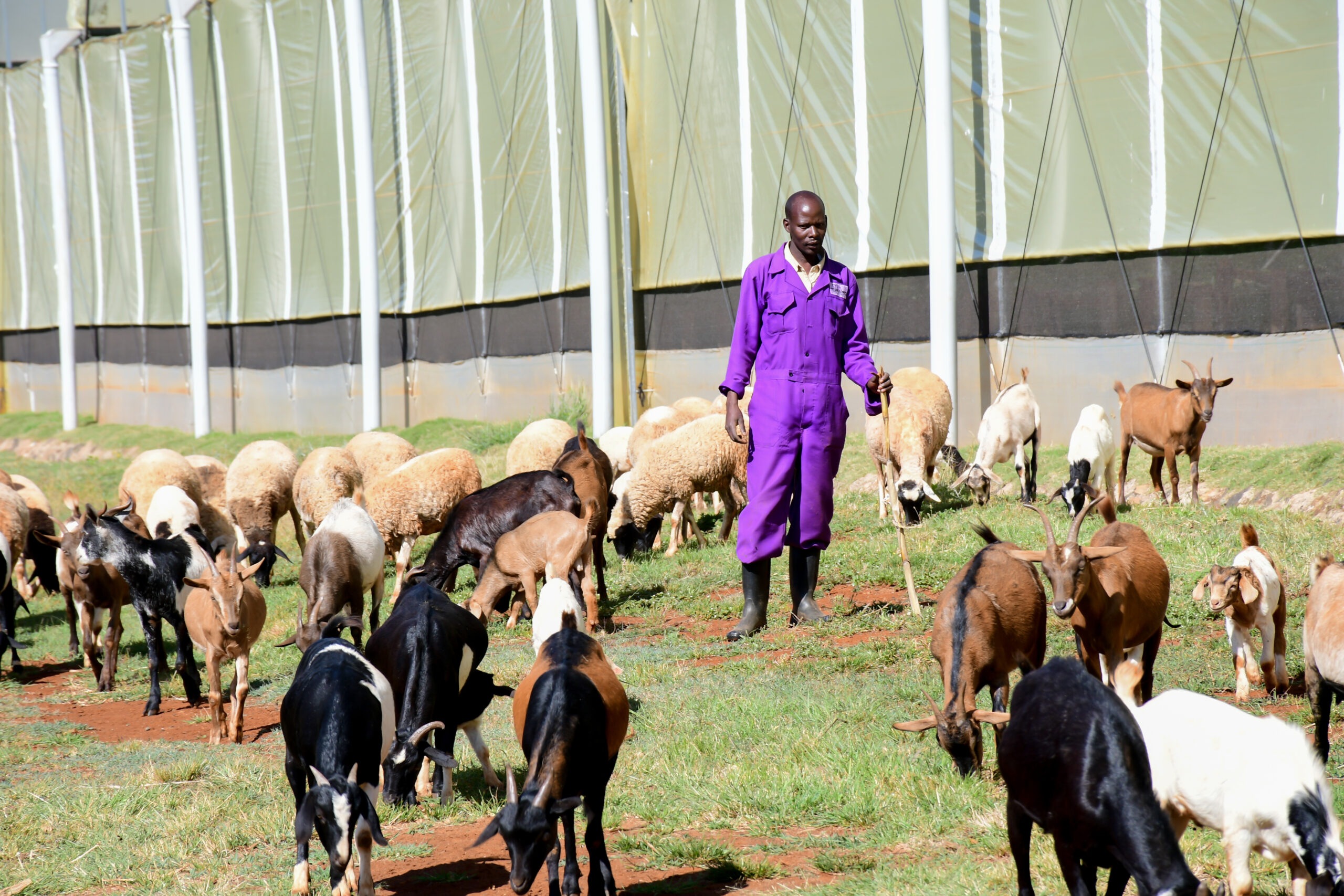
Composting:
Composting is one of our priorities. We see positive effects on soil and plant health when we add compost and build organic matter into the soil, and with Alstroemeria, this enables us to reduce chemical inputs including Pesticides and Fertilisers.
In addition, we have Cows, Turkeys and Sheep which maintain the grass around the farm. They also eat the flower waste, returning manure to us for composting.
We look to Nature for inspiration and try to mimic the balances that we find. For example, there is a balance between having a level of pests which don’t overwhelm the crop, but provide for beneficial predators.
Leaves and detritus fall from the canopy and compost in place on the ground. We do not replicate, but we aim to benefit from what Nature can teach us.
